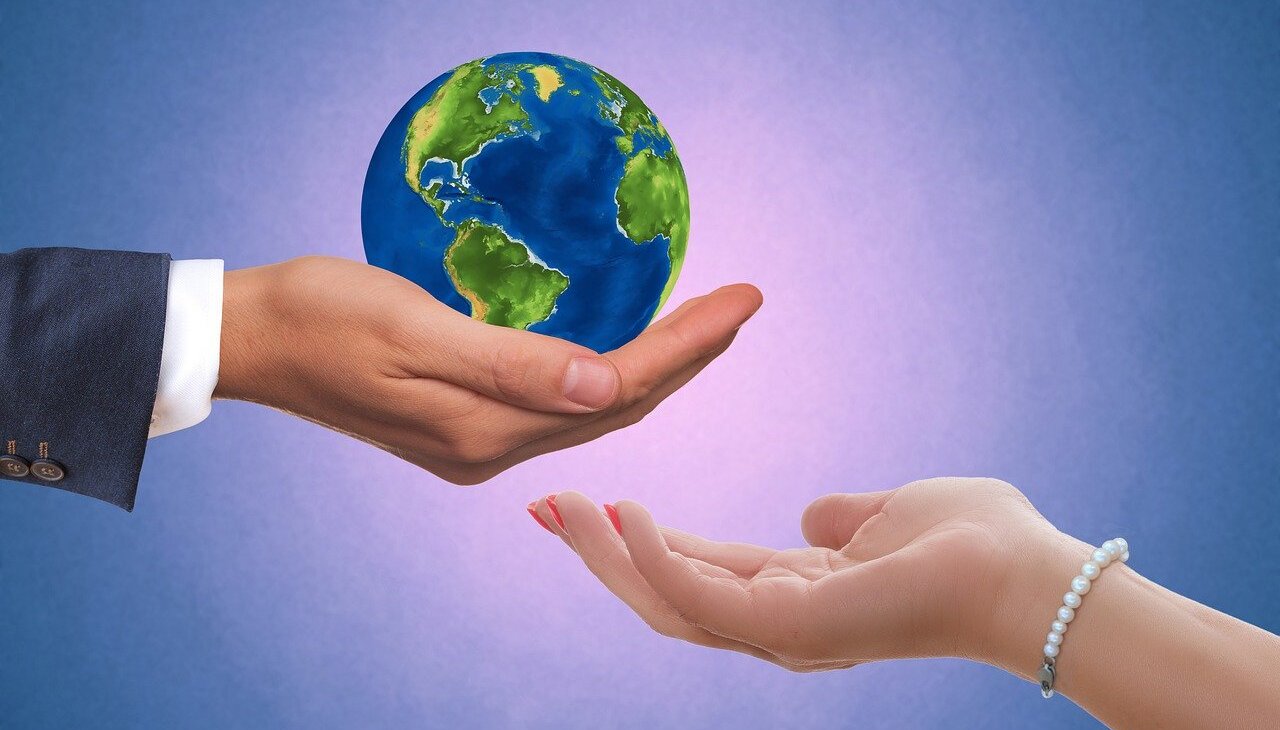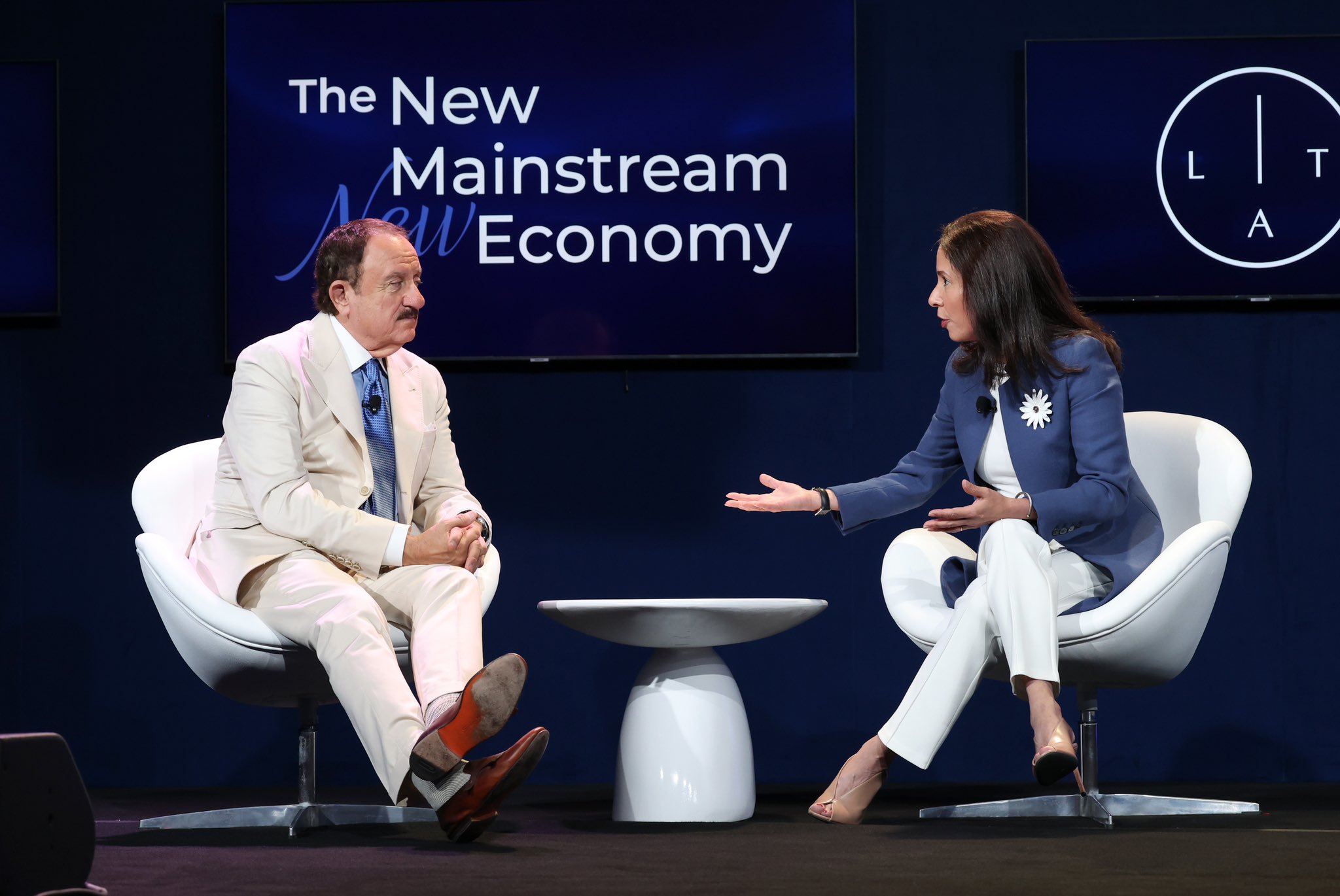
The UN says it will take 300 years to achieve gender equality
The prediction comes from UN Women, the organization dedicated to women empowerment on a global scale.
The day before International Women's Day on March 8, the UN made a dire prediction regarding the future of global gender equality. António Guterres, secretary general of the United Nations, raised his voice of concern before the Commission on the Legal and Social Condition of Women and on social media, saying that true gender equality is still 300 years away.
“On International Women’s Day, we celebrate the achievements of women and girls across all walks of life, in all corners of the world. But we also recognize the enormous obstacles they face — from structural injustices, marginalization, and violence, to cascading crises that affect them first and worst, to the denial of their personal autonomy and rights over their bodies and lives,” said Guterres in a statement.
Progress in women’s rights won over decades is vanishing before our eyes.
— António Guterres (@antonioguterres) March 7, 2023
On the current track, gender equality is 300 years away.
Together, let’s push back against misogyny and forward for women, girls & our world.
A call to action
Guterres said that the celebration of International Women's Day should serve as a call to accelerate, among other things, the leadership and full participation of women in the world.
“Gender inequality is a question of power. We must equalize power in 3 ways: Increasing education, income & employment for women & girls. Promoting their full participation & leadership in science & technology. Creating a safe digital environment for all,” Guterres wrote on Twitter.
In addition to pointing out that investing in women elevates all people, communities and countries, Guterres highlighted the need to promote technology as a tool to promote gender equality and broaden pathways to education and professional opportunities.
RELATED CONTENT
“Women’s exclusion from the digital world has shaved an estimated $1 trillion from the GDP of low- and middle-income countries in the last decade — a loss that could grow to $1.5 trillion by 2025 without action,” he said.
An eye on Afghanistan
Echoing a report presented to the Human Rights Council in Geneva on Monday, the UN Secretary General highlighted policies that threaten women in Afghanistan, such as the increase in forced and child marriages, the ban of women from public spaces, and other restrictions that limit their ability to work and travel independently.
“We will never give up fighting for the rights of women and girls in Afghanistan, and elsewhere around the world. The UN will continue providing practical support and care for women in crisis situations. Gender equality is central to all our humanitarian and development work,” said Guterres.
Women and girls everywhere are demanding their rights - and their words reverberate around the world.
— António Guterres (@antonioguterres) March 8, 2023
Investing in women and girls is the surest way to uplift all people, all communities and all countries.#InternationalWomensDay pic.twitter.com/CM0v9uvfgp
He said UN Women's Under-Secretary-General and Executive Director recently visited Afghanistan and told Taliban authorities that "we will never stop fighting for" women and girls.
Going backward
Saying that the global frameworks need to change because they do not meet the needs of women and girls in the world, Guterres also pointed to certain setbacks that have occurred recently in terms of the advancement of women's rights and freedoms.
Although it did not mention any country's case specifically, CNN paralleled the message with the decisions of the United States Supreme Court to strike down Roe v. Wade, leaving the right to abortion in the hands of states. It also cited a recent measure in Poland that banned abortions due to fetal defects, virtually putting an end to almost all abortions in the country.











LEAVE A COMMENT:
Join the discussion! Leave a comment.